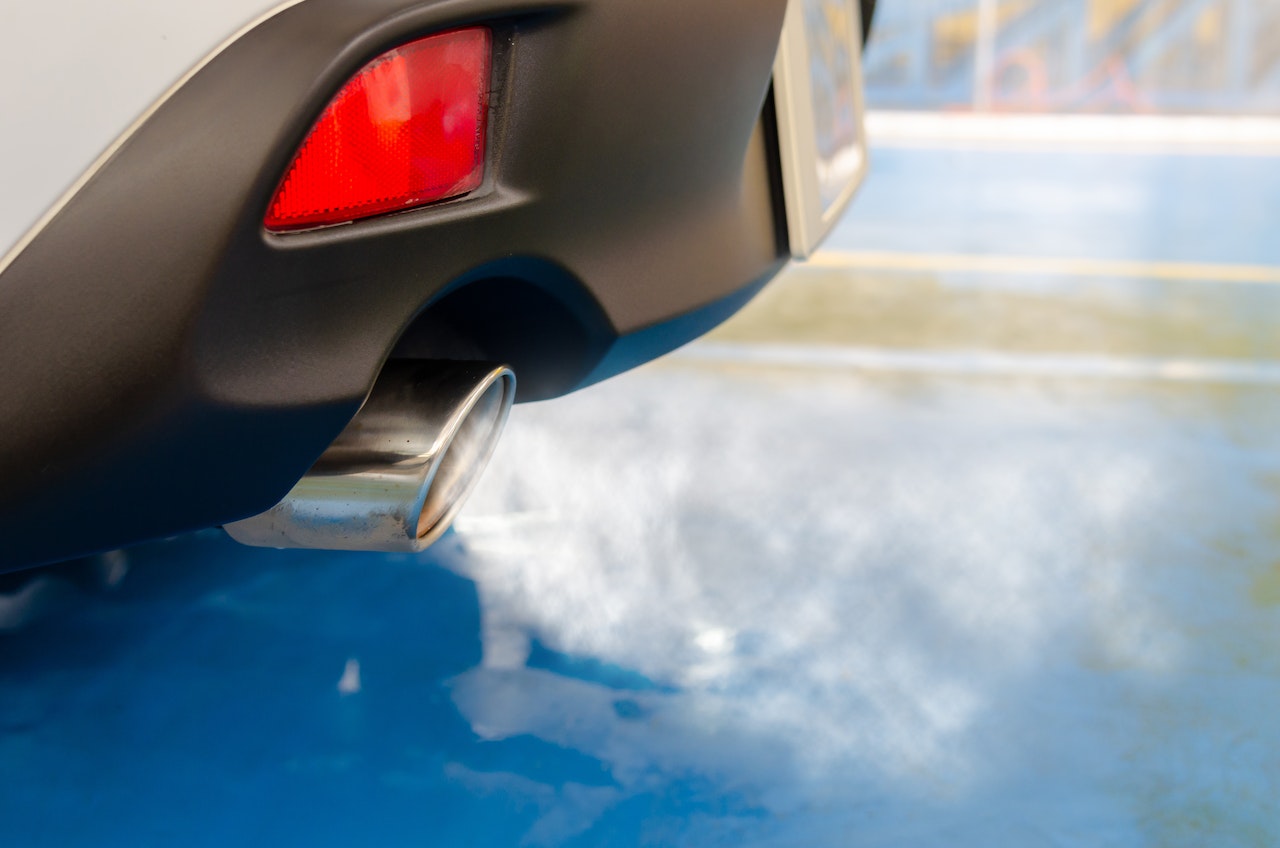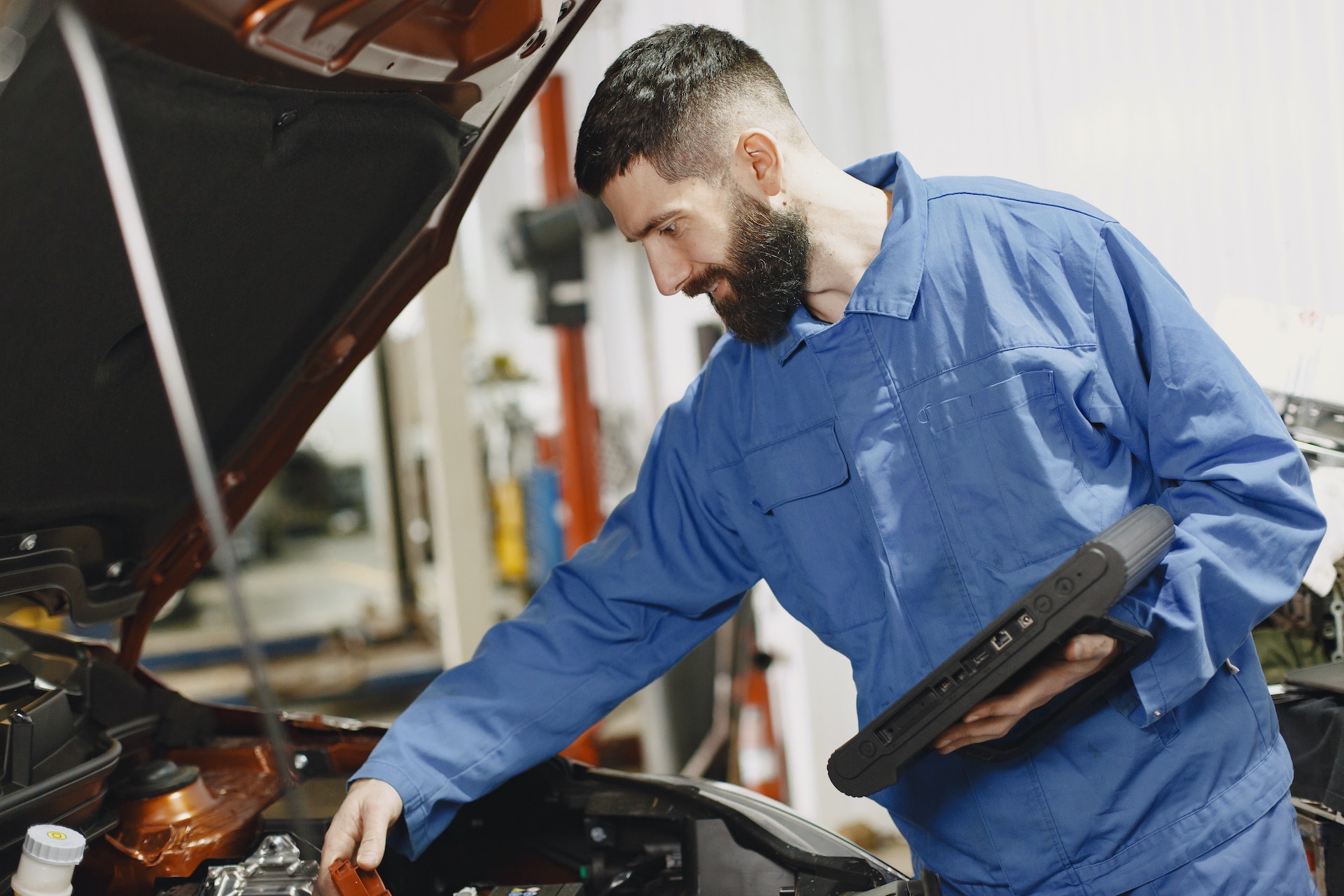Welcome to our latest blog post, where we’ll shed light on some common issues that can arise during vehicle technical verification. Whether you’re a car enthusiast or someone who relies on their vehicle for everyday transportation, staying informed about potential problems that may affect your vehicle’s performance and safety is essential. From brake pad malfunctions to engine power delivery concerns, we’ll explore these issues in detail and offer insights into how they can impact your driving experience. On the other hand, if you are planning to get a VTV soon and unsure where to get one, you should check out VTV Ramos Mejía. Below are common issues found during vehicle technical verification.
Brake Pads and Lining Issues
Brake pads and lining issues are one of the most common problems that can be detected during vehicle technical verification. These components are critical in ensuring your safety on the road, as they are responsible for slowing down or stopping your vehicle when necessary. One issue that may arise is worn brake pads. Over time, the friction material on brake pads wears down, compromising their effectiveness. This can result in longer braking distances and decreased responsiveness. Another problem to watch out for is uneven wear patterns on the brake pads. Uneven wear could indicate a caliper or rotor problem, which should be addressed promptly to avoid further damage.

Excessive Exhaust Smoke
One common issue that vehicle owners may encounter during technical verification is excessive exhaust smoke. This can be a cause for concern as it not only affects the engine’s performance but also indicates potential problems with the vehicle’s overall health. When you see thick, dark smoke billowing out from your exhaust pipe, it’s usually a sign that something is amiss. It could indicate burning oil, suggesting worn-out piston rings or valve seals. Another possible cause could be a malfunctioning fuel injector, resulting in unburned fuel being expelled through the exhaust system. In addition to these issues, excessive exhaust smoke could also point to problems with the catalytic converter or diesel particulate filter (DPF).
Poor Engine Performance and Power Delivery
The most frustrating issues you might encounter during vehicle technical verification are poor engine performance and power delivery. When your engine isn’t performing at its best, it can lead to sluggish acceleration, reduced fuel efficiency, and a lackluster driving experience. There are several potential causes for poor engine performance. One common issue is a clogged or dirty fuel injector. Over time, dirt and debris can build up in the injector nozzles, causing them to become partially blocked. This restricts fuel flow into the combustion chamber, reducing power output.

Leaks in the Fuel, Oil, or Radiator System
The last issue that can arise during vehicle technical verification is leaked in the fuel, oil, or radiator system. These leaks are annoying and can lead to serious problems if left unaddressed. Fuel leaks can occur due to damaged fuel lines or connections, faulty fuel injectors, or a malfunctioning fuel pump. If you notice a strong smell of gasoline near your vehicle or see puddles of fuel underneath it, there might be a leak in the fuel system. Worn-out gaskets and seals often cause oil leaks. Over time, these components can deteriorate and develop cracks, leading to oil leakage. It could indicate an oil leak if you spot dark brown spots on your driveway or garage floor where your car is parked.
Vehicle owners and drivers must be aware of the common issues that can arise during the technical verification process. By addressing these issues promptly, safety on the roads can be ensured, and potentially costly repairs in the future can be avoided. Remember that proper maintenance plays a key role in ensuring efficient operation and longevity of your vehicle. We hope that you have found this blog post helpful.

